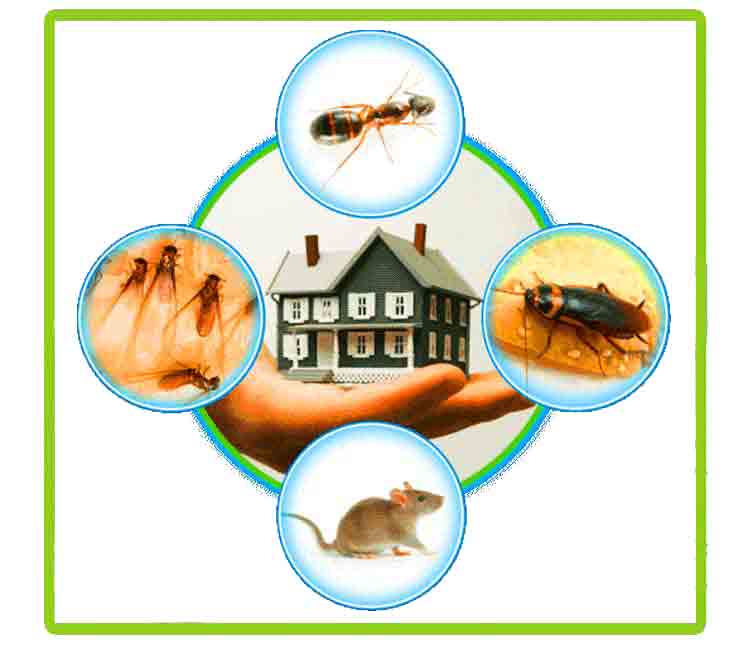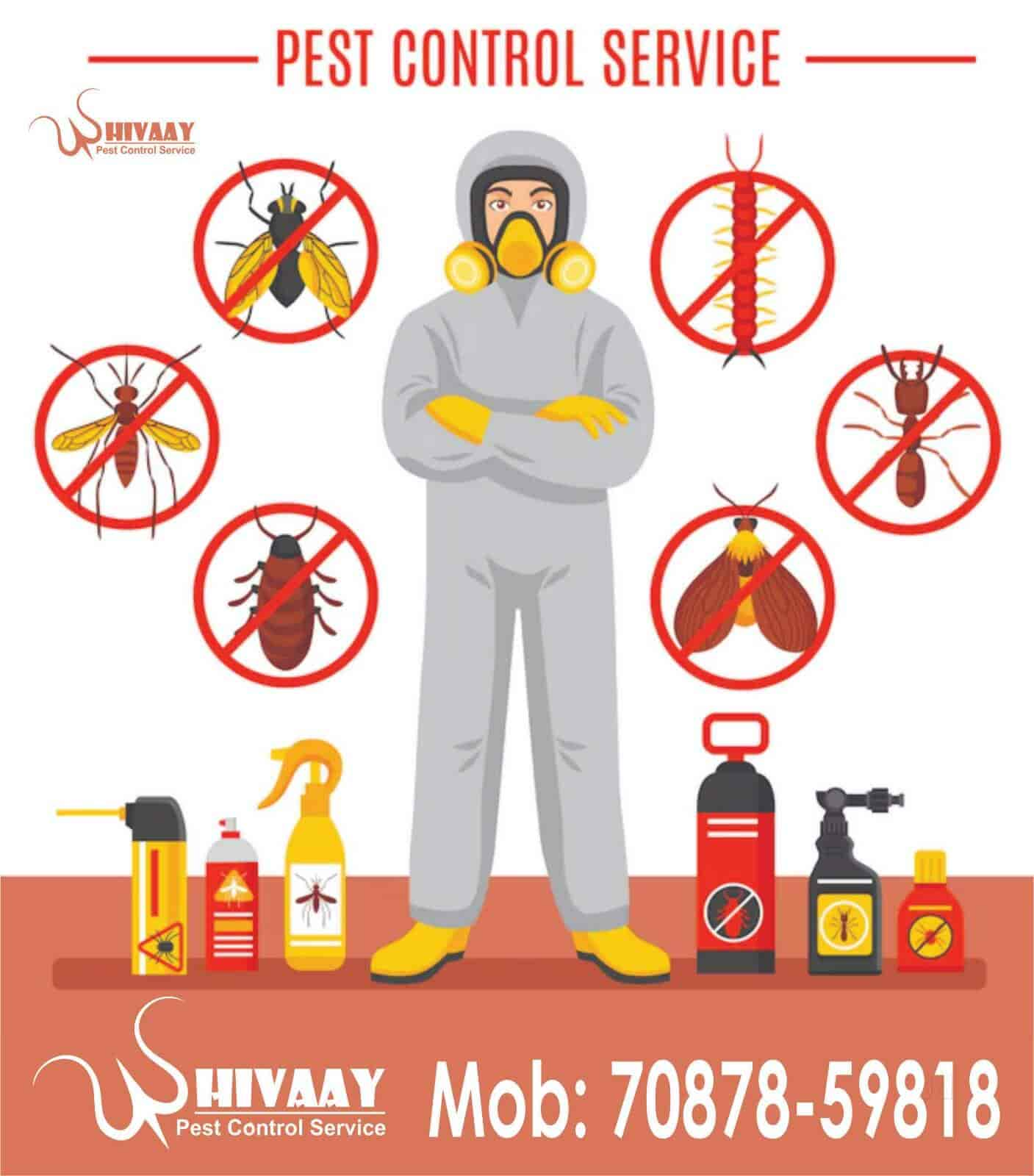Trusted Exterminator Coquitlam Services for Effective Pest Management
Safe and Trusted Parasite Control for Lasting Protection
Reliable pest management needs a multifaceted technique that stabilizes eco-friendly honesty with the demand for reliable pest suppression. The nuances of these approaches might not be instantly clear, motivating a closer evaluation of the practices that can lead to lasting parasite control outcomes.
Comprehending Bug Control Methods
Parasite control includes a selection of methods targeted at managing and eliminating unwanted pests and rodents that can endanger both health and property. Comprehending these techniques is important for effective insect monitoring.
The primary categories of pest control methods include mechanical, biological, and chemical techniques. Mechanical techniques involve physical obstacles and catches to stop insect access and capture unwanted species. For instance, making use of displays on windows or using sticky catches can substantially minimize bug populations without introducing harmful compounds.
Chemical bug control is often the most acknowledged technique, utilizing pesticides to eliminate insects. These chemicals can be reliable but must be utilized with care to prevent damaging impacts on non-target types and the setting.
Advantages of Eco-Friendly Solutions
Just how can environment-friendly remedies change pest control techniques? The adoption of environmentally friendly parasite control techniques offers many advantages, substantially enhancing the efficiency and safety of parasite monitoring.

An additional benefit is the positive influence on neighborhood biodiversity. Green options are designed to target certain insects while maintaining helpful insects and wild animals, advertising a well balanced environment. This method aligns with the growing customer need for lasting practices, improving the credibility of insect control providers.
Integrated Parasite Management Strategies
The application of environmentally friendly services naturally results in the fostering of Integrated Insect Administration (IPM) approaches, which better improve insect control efficiency. IPM is a holistic strategy that integrates several strategies to manage insect populations while decreasing environmental effect. This approach stresses the usage of biological, social, mechanical, and chemical controls, making certain a well balanced and lasting approach of insect management.
One basic aspect of IPM is the complete assessment of parasite activity and environmental conditions. By checking parasite populaces and identifying their life process, practitioners can carry out targeted treatments that interfere with the bug's habitat or lifecycle, decreasing dependence on chemical pesticides. In addition, cultural practices such as plant turning and habitat control can considerably decrease parasite facility and recreation.
An additional critical part is using biological control representatives, such as helpful pests or microorganisms, which can naturally reduce insect populations. When chemical applications are essential, IPM focuses on making use of low-risk chemicals and uses them uniquely, reducing direct exposure to non-target microorganisms and human beings.
Incorporating IPM strategies not only boosts parasite control performance however additionally promotes a more secure ecosystem, straightening with the expanding need for sustainable methods in pest administration.
Safe Practices for Home Owners
Recognizing the relevance of safe practices in insect control can equip property owners to successfully manage insect problems while protecting their wellness and the setting. Applying preventive steps go to my blog and non-toxic methods is essential in reducing exposure to hazardous chemicals.
Homeowners need to initially assess their atmosphere for conditions that bring in insects, such as standing water, clutter, and food waste. Regularly cleansing and sealing entry points can discourage pests from getting into the home. Making use of natural deterrents, such as crucial oils or diatomaceous planet, can supply reliable choices to chemical pesticides.
When chemical therapies are needed, homeowners must choose items that are particularly identified as secure for domestic usage. It is important to adhere to application standards meticulously to stay clear of overexposure. Moreover, utilizing targeted treatments in locations where bugs are recognized, instead than blanket spraying, can significantly decrease chemical use.
Last but not least, preserving open communication with parasite control specialists is vital. House owners ought to ask about the safety of products used and request environment-friendly choices whenever possible. By taking on these safe methods, property owners can develop a healthier living environment while effectively managing bug concerns.

Tips for Long-Term Protection
Developing an insect administration approach that emphasizes long-lasting protection can significantly improve the performance of the risk-free practices previously reviewed. To achieve this, house owners ought to execute routine evaluations of their residential property, concentrating on hidden areas such as attic rooms, cellars, and crawl areas. Early discovery of bug task is crucial in avoiding invasions from taking hold.
These methods minimize attractants that draw pests right into the home. Securing entrance points, such as fractures around doors and windows, can efficiently obstruct possible insect accessibility.
Landscape design should also be considered; keeping plants cut and keeping a distance in between greenery and the home lessens concealing areas for pests. Using natural deterrents, such as essential oils or diatomaceous earth, can further prevent infestations without turning to harsh chemicals.
Last but not least, collaborating with a specialist bug control solution for regular analyses can offer an additional layer of safety. These professionals can supply tailored suggestions and advanced therapies, guaranteeing that your home continues to be shielded against bug exterminator pests in the long term.
Final Thought
To conclude, safe and dependable pest control requires a multifaceted approach that stresses environmentally friendly approaches and incorporated bug management. By executing all-natural deterrents, conducting routine examinations, and preserving appropriate cleanliness, home owners can substantially decrease bug populaces while protecting advantageous insects and the atmosphere. Collaboration with specialist bug control services boosts the performance of these techniques, why not try this out guaranteeing customized options that give long-term security and satisfaction against future problems.
Effective insect management needs a multifaceted method that balances eco-friendly honesty with the requirement for effective bug suppression. The fostering of environment-friendly bug control methods provides many benefits, substantially enhancing the effectiveness and security of insect management.The execution of green options naturally leads to the fostering of Integrated Parasite Monitoring (IPM) techniques, which additionally enhance bug control efficiency. exterminator coquitlam. By keeping track of bug populaces and determining their life cycles, professionals can carry out targeted interventions that disrupt the pest's habitat or lifecycle, lowering dependence on chemical pesticides.In conclusion, trusted and safe insect control requires a diverse method that highlights environmentally friendly methods and incorporated insect monitoring